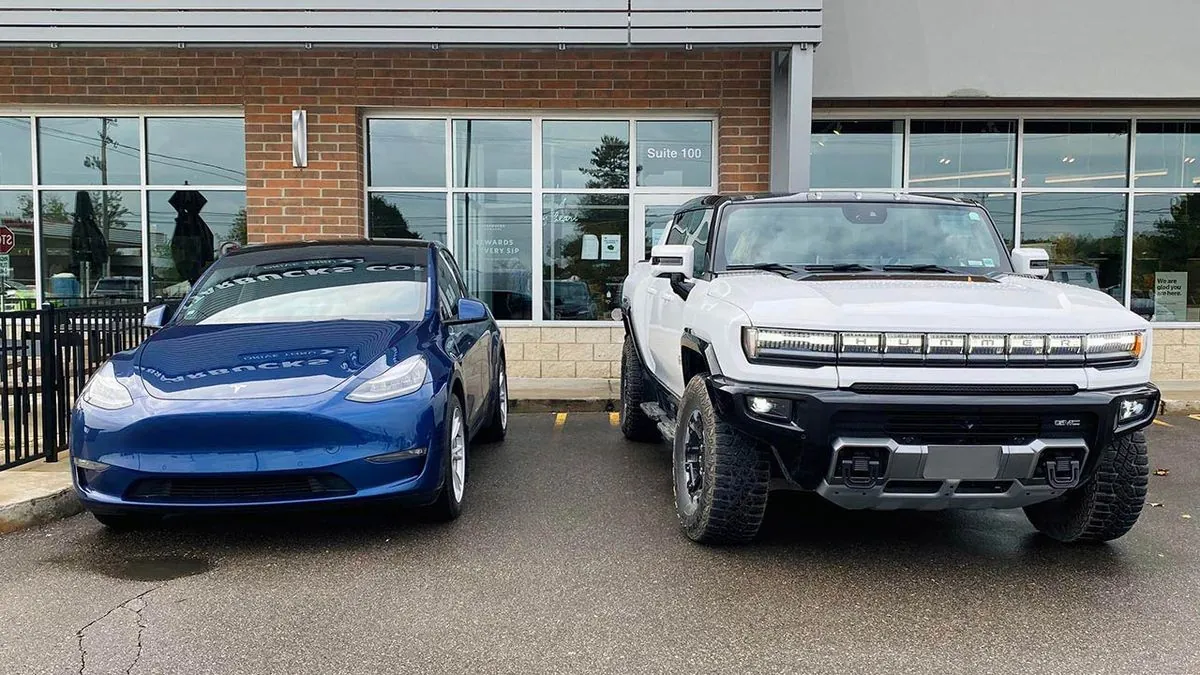Tesla's Brand Shift: Musk's Politics Reshape EV Market Dynamics
Tesla's market dominance faces challenges as CEO Elon Musk's political stance alienates some buyers while potentially attracting others. The EV landscape evolves amidst changing consumer perceptions and increased competition.

The electric vehicle (EV) market is experiencing a significant shift, with Tesla's once-dominant position facing new challenges. This transformation is largely attributed to the controversial public persona of CEO Elon Musk, whose recent political statements have polarized consumers and reshaped brand perceptions.
Vibhor Chhabra, a 44-year-old product executive from the Bay Area, exemplifies this change. Once a Tesla enthusiast who owned three of the company's vehicles, Chhabra now views the brand as carrying "a lot of baggage" and is exploring other EV options. This sentiment is echoed by many former Tesla supporters who are reconsidering their loyalty due to Musk's increasingly polarizing statements and his recent endorsement of former president Donald Trump's 2024 campaign.
The impact of this shift is reflected in Tesla's market performance. In the second quarter of 2024, the company's share of new EV sales dropped below 50% for the first time, marking a 10 percentage point decline from the previous year. This decline coincides with increased competition in the EV market as major automakers expand their electric offerings.

Ed Kim, president and chief analyst of AutoPacific, notes that credible studies suggest Musk's right-wing politics are alienating a significant number of potential buyers. However, the situation is complex, as Musk's alignment with conservative values may also be attracting new customers who were previously skeptical of EVs.
"I am for electric cars. I have to be. Elon endorsed me very strongly."
This political shift has led to interesting market dynamics. While some liberal Tesla owners, like 74-year-old Stan Clark, are looking to switch to other EV brands, conservative buyers who were once hesitant about electric vehicles are now showing increased interest in Tesla.
The impact extends beyond individual consumers. German drugstore chain Dirk Rossmann has announced it will no longer purchase Teslas for its fleet, citing Musk's support for Trump and the former president's stance on climate change as incompatible with Tesla's environmental mission.
Interestingly, Tesla's changing image has spawned new business opportunities. Matt Hiller, a Hawaii resident, has created a thriving side business selling bumper stickers for Tesla owners who want to distance themselves from Musk's controversial statements.
As the EV market continues to evolve, Tesla's future success may depend on how it navigates these complex brand dynamics. The company, which revolutionized the automotive industry with innovations like the Model S in 2012 and the world's largest Supercharger network, now faces the challenge of balancing its technological prowess with the polarizing effect of its CEO's public persona.
With the upcoming interview between Musk and Trump scheduled for August 14, 2024, to be streamed on X, the intertwining of Tesla's brand with political discourse seems set to continue, potentially reshaping the EV landscape in unexpected ways.


































